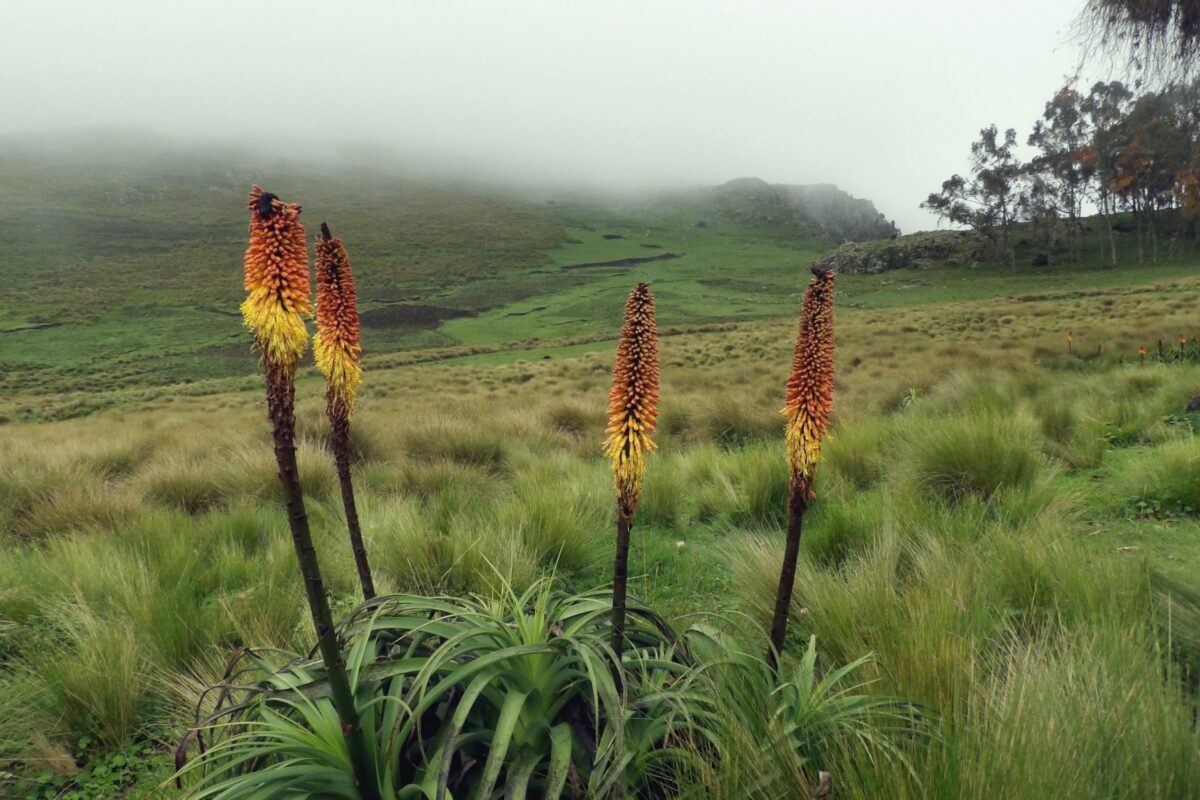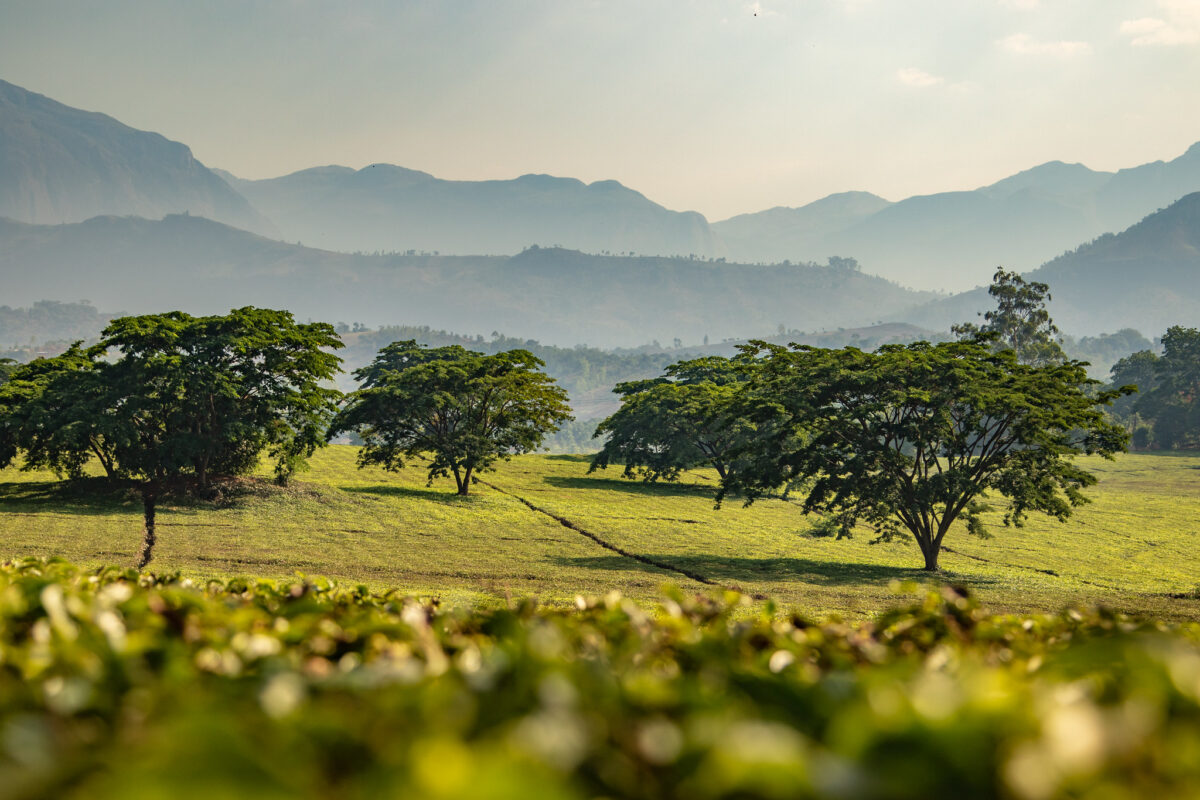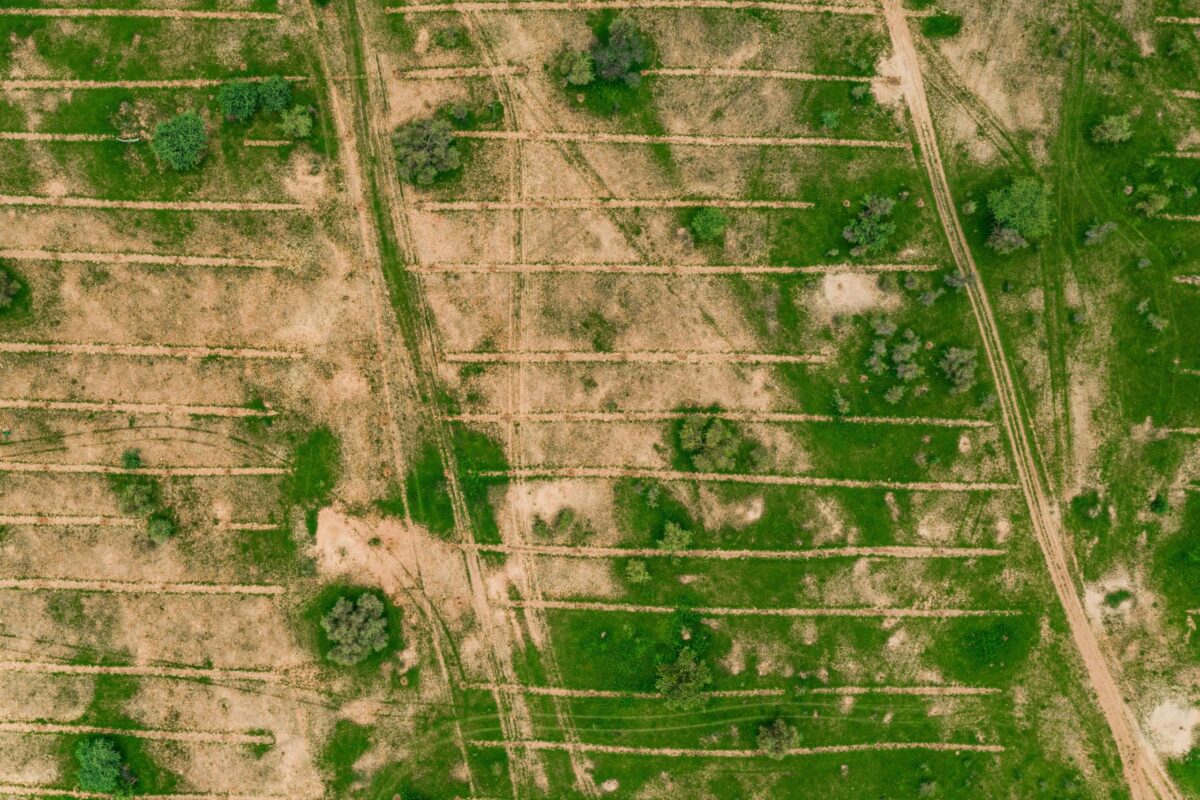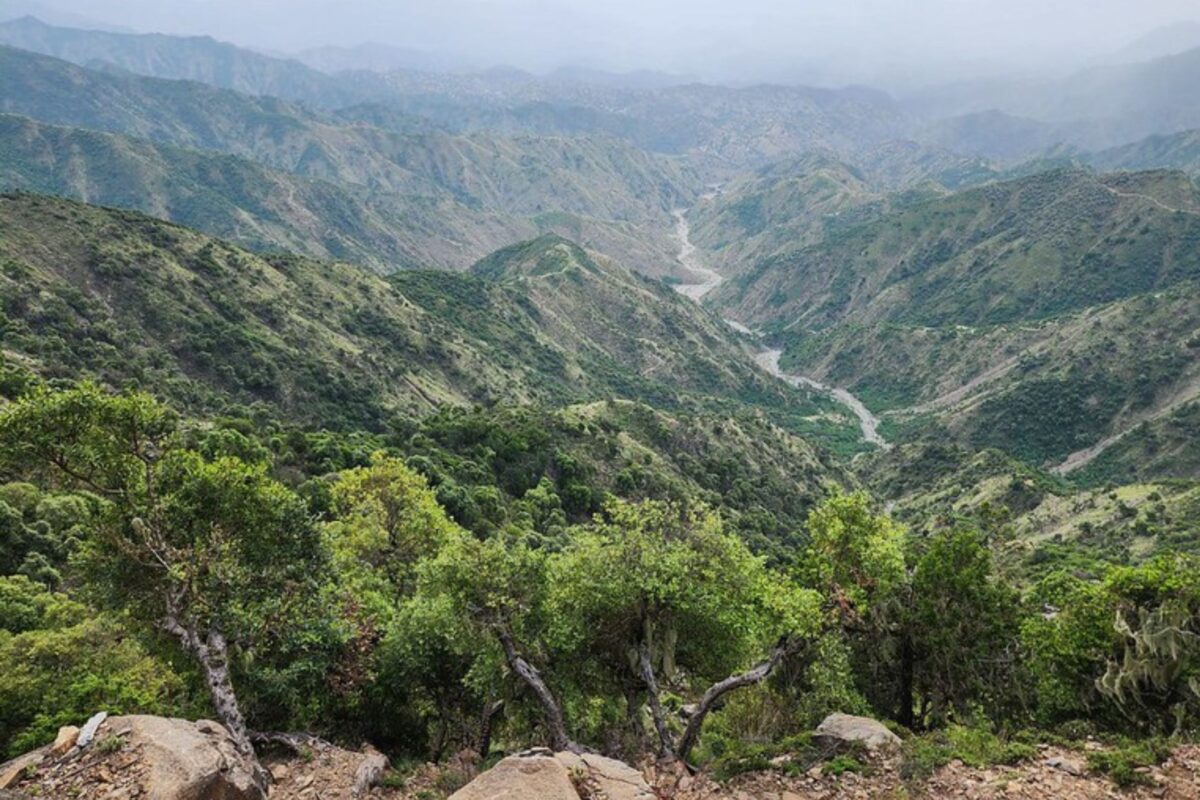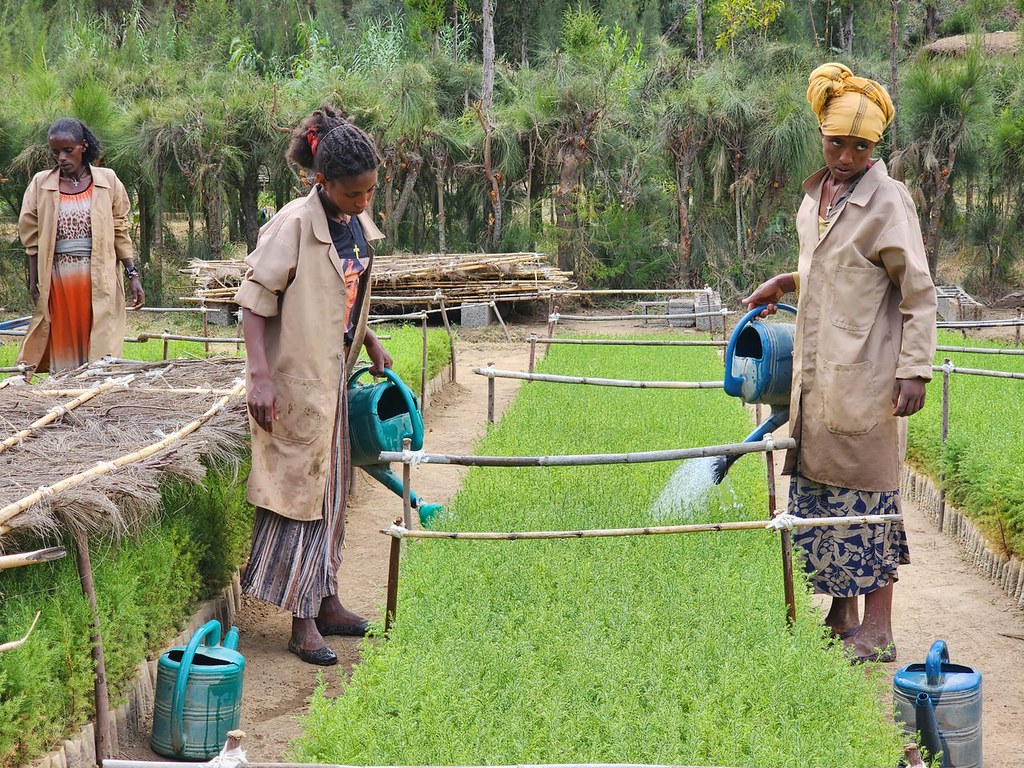We know by experience that our restoration projects can only be successful if ecological resilience – the capacity of a landscape to withstand external pressures without reaching a ‘tipping point’ where it permanently changes to another state – is considered when planning.
For example, tropical cloud forests require high moisture levels. This comes from condensation from the clouds intercepted by the forest’s canopy. Deforestation means that this moisture delivery ceases, so reforestation can often be unsuccessful because conditions are too dry to allow the trees to regrow.
Ecological resilience is one of the research topics being studied on the ground at our project sites in Zambia. To strengthen this research a three-day scientific workshop took place in Leuven, Belgium this week, co-organised by WeForest, KU Leuven, the University of Liège and the UK Centre for Ecology & Hydrology.
Entitled “The importance of ecological resilience and alternative stable states for tropical forest restoration”, the workshop gathered together more than 35 leading names in ecological resilience, alternative stable states, disturbance ecology and tropical forest restoration.
They discussed the key aspects of landscape degradation/disturbances and ecological resilience, with a focus on various ecosystem types – the tropical dry forests where WeForest works, rainforests, and savanna. They then built hypotheses on how these concepts might influence restoration processes, and ultimately success rates.
The workshop will result in a high-impact ‘perspectives’ publication on ecological resilience and tropical forest restoration, as well as producing guidelines for practitioners like WeForest on how to include the idea of resilience in their restoration strategies.


